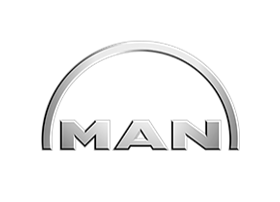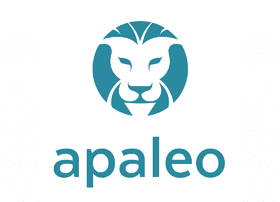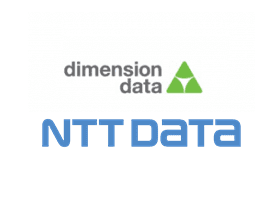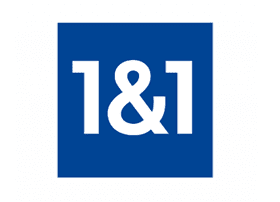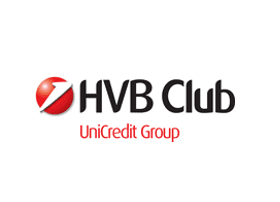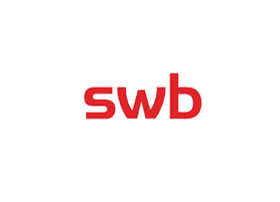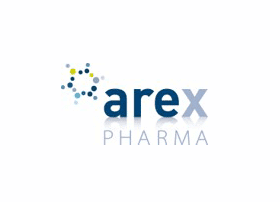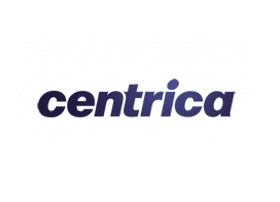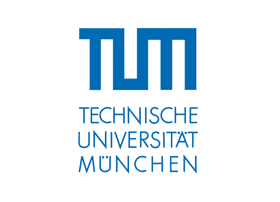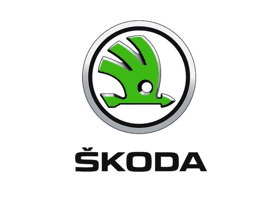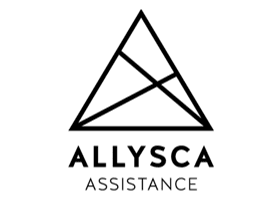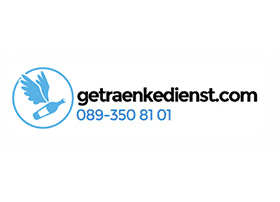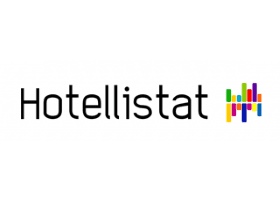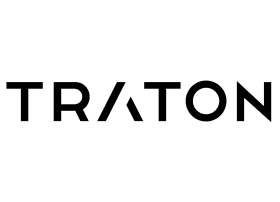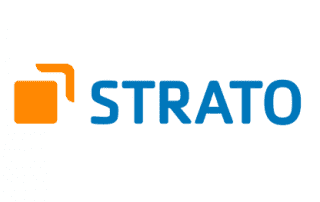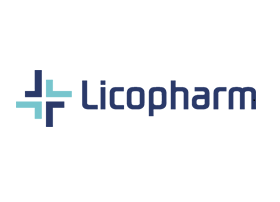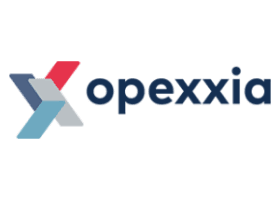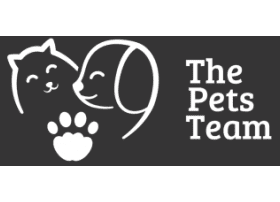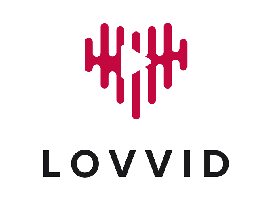Prompt Injection and Security at LLMs, IT Expert in Munich, Bavaria or Germany
In today’s digital world, the security of data and information is critical. As a Munich-based IT service provider specializing in IT consulting, IT project management and software development, we are aware of the challenges and risks associated with Large Language Models (LLMs) such as GPT-4 and Prompt Injection. Our goal is to help you develop and secure your systems against such threats and protect your data.
Prompt Injection: What is it?
Prompt injection is a technique used by attackers to manipulate LLMs. In this process, a malicious input text (prompt) is injected into the model to get an unwanted or malicious response. These responses can then be misused for various purposes, such as stealing sensitive information or manipulating decisions based on the results of LLMs.
Security risks with LLMs
LLMs such as GPT-4 are capable of human-like text generation and complex task solving. This makes it a valuable tool for companies and organizations. However, they also carry risks, as they can be misused for malicious purposes.
Privacy breaches: LLMs can be used to extract confidential information unintentionally included in training data. This creates data protection risks for companies and their customers.
Misuse by malicious actors: Attackers can use LLMs to create misleading or harmful content that can be disseminated on social media, email, or other communication channels.
Automation of social engineering attacks: LLMs can be used to automate personalized phishing attacks or social engineering campaigns that target specific individuals or organizations.
And many more.
General security measures against prompt injection and LLM risks
To minimize the risks associated with prompt injection and LLMs, companies and organizations should consider security measures.
Training and awareness: conducting training for employees to raise awareness of the security risks associated with LLMs and prompt injection. Teaching best practices in dealing with such systems and how to detect and prevent attacks.
Customization and optimization of LLMs: The adaptation of LLMs to the specific requirements of the company and their optimization to minimize security risks. Techniques such as data cleaning to remove unintended information in the training data and modifications to the model itself can reduce vulnerability to prompt injection.
And many more.
IT service provider from Munich: Your partner for IT security and LLM expertise
We have many years of experience in IT consulting, IT project management and software development. We support companies in the implementation and secure use of LLMs. Our experts work closely with you to develop customized solutions for your individual requirements.
Prompt injection and the security of LLMs are important issues to consider for any company using such models. As an experienced IT service provider from Munich, we offer comprehensive security solutions to protect your systems and data from such threats. Contact us today to learn more about our IT consulting, IT project management and software development services and let us work together to take your IT security to the next level.
CONTACT
Request more information
If you would like more information on this topic or on BITS, please do not hesitate to contact me.
Marc Schallehn, Managing Director BITS GmbH
“I look forward to hearing from you.”

An excerpt of our reference projects and customers
Scalable and secure cloud infrastructure with AWS EKS and CI/CD automation
In this project, BITS developed a scalable AWS EKS cloud infrastructure with CI/CD automation, monitoring and PCI DSS compliance for a fintech.
Understanding competition, comparing markets – the smart benchmark solution from BITS
In this project, BITS has developed a web application for efficient competition and benchmark analysis that enables in-depth market comparisons.
Regulatory affairs under control – a digital solution for international requirements and compliance processes
BITS implemented a digital platform for the structured management of international regulations - for greater transparency and secure compliance processes.
System integration of heterogeneous systems, databases and platforms with bidirectional data synchronization
In this project, BITS implemented a high-availability solution for bidirectional data synchronization between internal and external systems.
Centralization and standardization of applications in Group companies at different locations
In this project, BITS centralized and standardized the IT infrastructure of several Group companies at different locations.
Digital transformation: Increasing the efficiency of a medium-sized company through process consulting and system optimization of an IT system landscape that has grown over the years
In this project, the process landscape of a company was transformed and digitalized.
Automation of ordering processes via the ServiceNow® IT service management module
In this project, BITS automated a customer's ordering process using ServiceNow IT Service Management.
Migration and new development of a web-based solution for empties container management
In this project, an existing MS Access-based system was replaced and completed with a more modern web-based solution with extended functionality.










